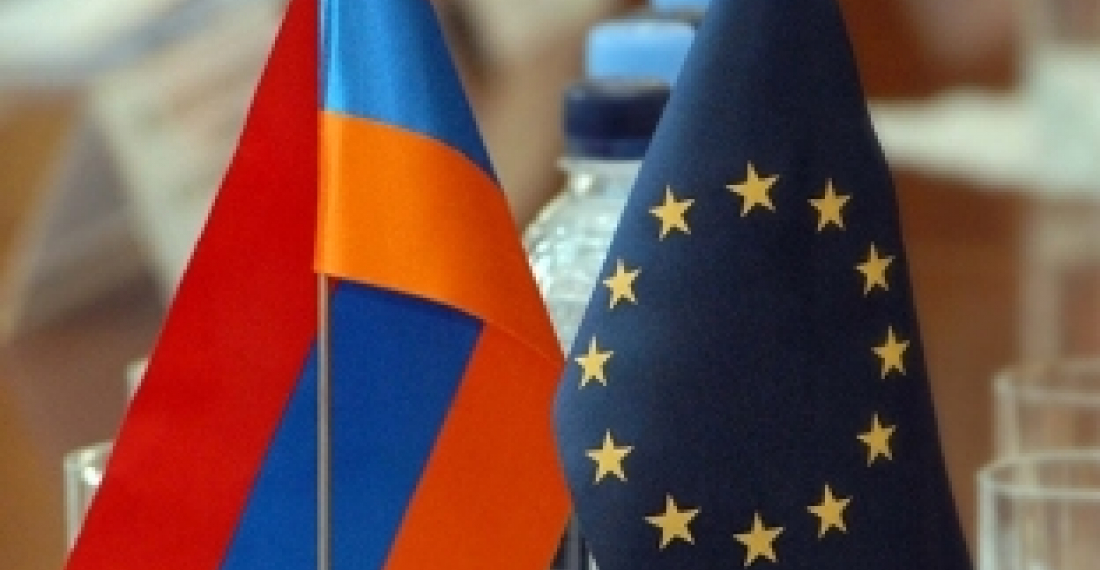Yerevan, November 30. ArmInfo.
Armenia's active participation in multilateral parliamentary cooperation in the framework of Euronest provides an example of commitment to European values and principles, the importance of which is acknowledged by a wide public consensus in Armenian society, says the Final Statement of the EU-Armenia Parliamentary Cooperation Committee Thirteenth Meeting on 28-29 November 2012, in Brussels.
The Parliamentary Cooperation Committee applauds the intensification of Armenia-EU relations over the last years and the opening of ambitious perspectives for cooperation in the political, economic, cultural and other fields, and welcomes Armenia's readiness to host the Euronest Plenary Session in 2014.
The Committee is encouraged by both the fact that all stakeholders met by EP Observers in the framework of the May 2012 general elections underscored their commitment to international standards, and by the progresses witnessed by the EP Delegation to the IEOM, and stresses it is important to see the OSCE/ODIHR relevant findings and recommendations as the beginnings of a process, and not as an end, in view of the upcoming presidential elections.
The Committee emphasises the importance of including in the Association Agreement provisions on the fundamental freedoms, including the freedom of assembly and association, the development of
civil society, the rule of law, the continued fight against corruption, ensuring market competitiveness, and the independence of the media, andcalls upon the negotiating Parties to exert all efforts to finalize negotiations of the Association Agreement and the Deep and Comprehensive Free Trade Agreement (DCFTA), if possible before the EaP Vilnius summit.
The document welcomes that a strong parliamentary dimension is to be included in the Association Agreement, providing for the full involvement of the National Assembly of Armenia and the European Parliament in its implementation and monitoring.
The Committee welcomes the decision of Armenia to lift, as from 10 January 2013, for all citizens of the EU & Schengen-area Member States, visa requirements when travelling to Armenia. It fully recognises Armenia's ambitious reform agenda under the EaP and calls for adequate assistance to be provided in accordance with the 'more for more' principle.







